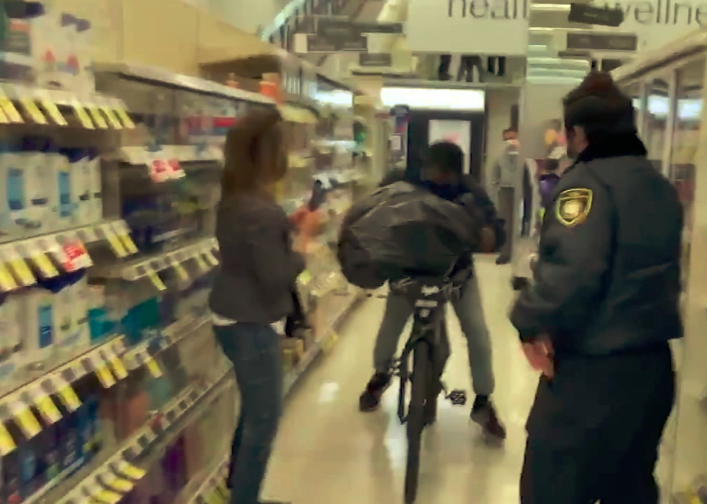Shoplifting has increased over the past years in the U.S., causing corporations such as CVS, Home Depot, Nordstrom, Target, Walgreens, Walmart, and Whole Foods to shut down stores.
Target has shut down nine of its stores across the U.S. this year. New York Magazine states that, according to Target CEO Brian Cornell, ¨…the first five months this year, our stores saw a 120% increase in theft incidents involving violence or threats of violence.¨ These incidents have caused Target to predict a loss of over $500 million in comparison to its earnings in 2022.
Despite the inflated economy, however, the increase in shoplifting is not due to petty theft but rather to organized retail crime, also known as ORC. Organized retail crime refers to professional shoplifting in which a group of people steal products from stores for purposes of repackaging and reselling.
ORC has become a billion dollar industry that has contributed to the spike of $112.1 billion industry losses as compared to the $93.9 billion losses in 2021 (National Retail Federation). This swell, however, has proven far more detrimental to certain corporations than others.
According to a recent report, conducted by the National Retail Federation and global risk advisory firm K2 Integrity, only 11% of the products targeted by ORC members are luxury goods as they come with enhanced security therefore greater risk factors. Instead, members of ORC usually opt to steal ¨apparel, health and beauty products, infant products, accessories, housewares, home improvement products, eyewear, and office supplies¨ (Business Insider). Consequently, stores such as CVS, Target, and Walmart that sell those types of items and have less security are the greater targets.
However, those companies are becoming more combative against ORC by placing further security measures within their stores. In fact, according to the National Retail Federation, over the past year, ¨34% have increased internal payroll to support their risks…46% have increased the use of third-party security personnel… 53% have increased their technology and software solution budgets…¨
Corporations including CVS, Kroger, Lowes, Macys, Target, and Walmart are working with technology companies to create and utilize radical methods of security. A CNBC report published in August noted that these companies are now using “video surveillance systems, facial-recognition cameras, license-plate and vehicle readers, autonomous security robots, radio-frequency identification (RFID) tags, smart case locks and predictive analytic software¨ to curtail shoplifting at their stores.
Along with these new implications comes a new sense of hope for retailers and the safety of their stores.














